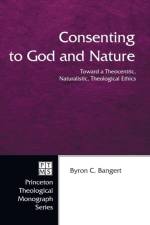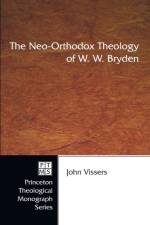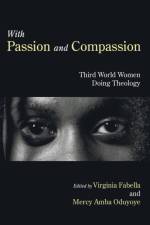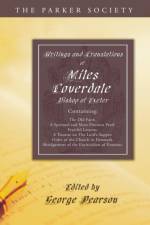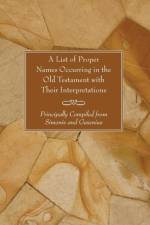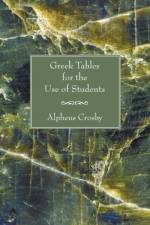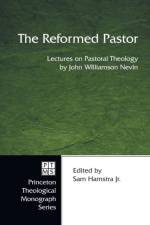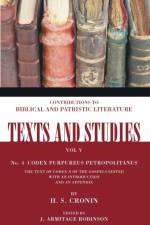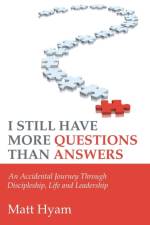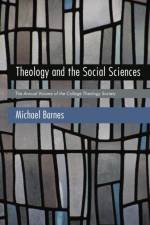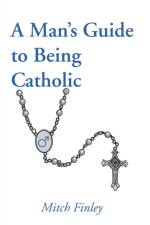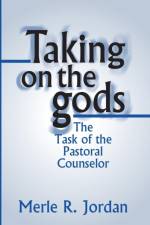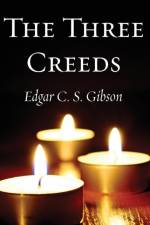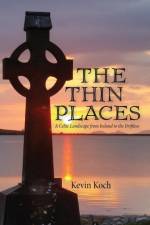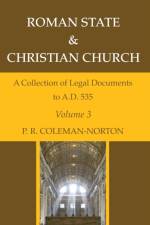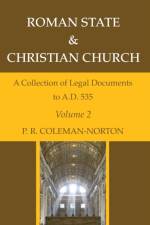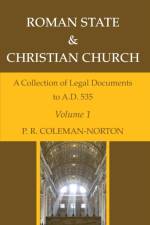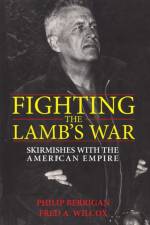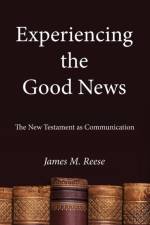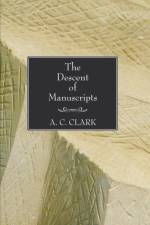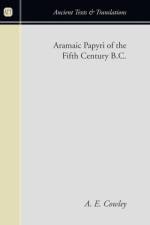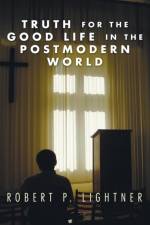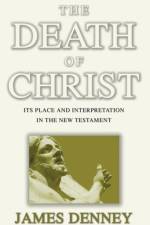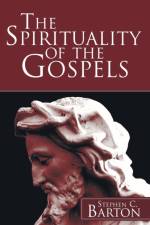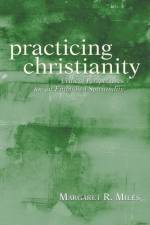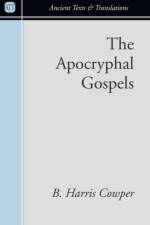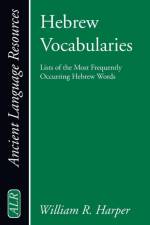av Fred a Wilcox & Philip Berrigan
369,-
""A Christian who truly walks the radical way of the cross. Phil Berrigan overturns the tables of injustice and summons us to love our enemies and worship the God of peace. Like Thoreau, Ghandi, King, and Dorothy Day, Phil Berrigan exemplifies courage. He is both an inspiration and a challenge to me and countless others. Here is a true hero of our turbulent times."" --Martin Sheen""Few nations in history have had a prophet of Phil Berrigan''s stature. With iron intransigency he has stood in the breach leading to nuclear omnicide. The state has tried to quash his witness time after time; arrests, lockups, long sentences, all the paraphernalia of intimidation. Why doesn''t it work? What enable this jack-in-the-box prophet to pop up, again and again? Find out. Read this book."" --Walter Wink, author, Engaging the Powers""How important it is for our children to know this history of courage, risk, and commitment that they won''t find in history books."" --Grace Paley""I have been waiting for Phil Berrigan''s autobiography and it is a pleasure to read. His words have the direct, simple eloquence of his actions. He provokes and inspires, and dares to be critical of himself even as he recounts a life committed to peace, justice, and community."" --Howard Zinn""One of the best books I have ever read. I loved its honest probing of the thoughts, feelings, and actions of an unusually sensitive, occasionally wrong-headed, but clearly not self-righteous pioneer in the struggle for a better world. Its acute analyses of the periods in which Phil had lived, from before World War II to the present, are invaluable contributions to real history.""--David Dellinger, author, From Yale to Jail""It is difficult to be dispassionate about the Berrigans. No one who knows them can doubt that they are heroic individuals, willing to do what many realize should be done, regardless of the personal cost. . . . There are not too many people of whom this can honestly be said."" --Noam Chomsky Philip Berrigan was a World War II veteran, a Catholic priest and a pacifist. He was also a writer and a visionary who inspired people to ""speak truth to power.""Fred A. Wilcox is an honors graduate of the University of Iowa Writer''s Workshop. He is the author of Waiting for an Army to Die: The Tragedy of Agent Orange.

